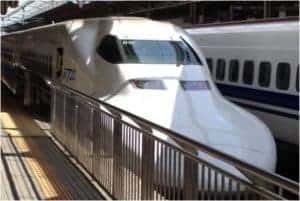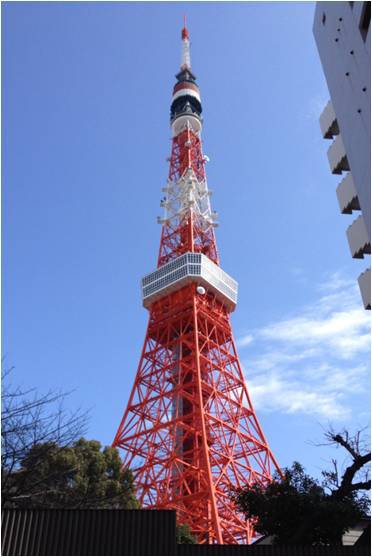The memorialization of witness testimony is a process of precision. The court reporter makes a verbatim record of the questions asked and the answers given. The accuracy of the resulting transcript is the basis upon which the court justifiably relies when commonly instructed to consider the quality of the testimony in determining where the weight of the evidence lies.
When taking depositions of non-English speaking persons, great care must be taken to ensure the accuracy of the record so as not to compromise its weight. Realtime court reporting and live streaming of testimony provided by Planet Depos greatly improve the accuracy of interpreted testimony. It should be noted, however, that the very nature of the interpretation process itself can sometimes call into question the reliability of the record.
While there is little room for error in the verbatim recording of the question as asked by the attorney in English, or the answer as provided by the interpreter in English, the process of interpretation is, of necessity, one of paraphrasing. The inquiries made by the attorney as well as the responses provided by the witness are, therefore, both open to compromise through interpretation. There are a few simple measures, however, that attorneys can take to ensure the clarity of the record.
First, attorneys should acquaint themselves with the nuances of the language being spoken by the deponent. In languages such as Japanese and Korean, for example, pronouns are often implied rather than expressed. Without pronouns, long, complex questions become nearly unintelligible. Furthermore, at least as Japanese is concerned, plural forms of words are practically nonexistent; thus, careful consideration should be given not only to the content, but also to the structure of the question being asked.
Second, the attorney’s best friend, the dependent clause upon which litigators so often rely in crafting their questions as narrowly as possible, must be used sparingly, if at all. Dependent clauses are not natural to native speakers of Asian languages and, therefore, rather than narrowing the question, they merely serve to create confusion on the part of the deponent. Once again, the structure of the inquiry determines the accuracy of the response.
A rule of thumb when deposing non-English speaking witnesses can therefore be stated as follows: Short, direct questions will be more accurately phrased by the interpreter, more easily understood by the witness, and more likely to produce a direct and responsive answer. Keeping this simple rule in mind when preparing for a deposition not only improves the accuracy of the record, it also ensures that the testimony elicited will be given the weight it deserves by the court.
(Photos by Tom Feissner, Certified Legal Video Specialist, Planet Depos, Seoul, South Korea.)


